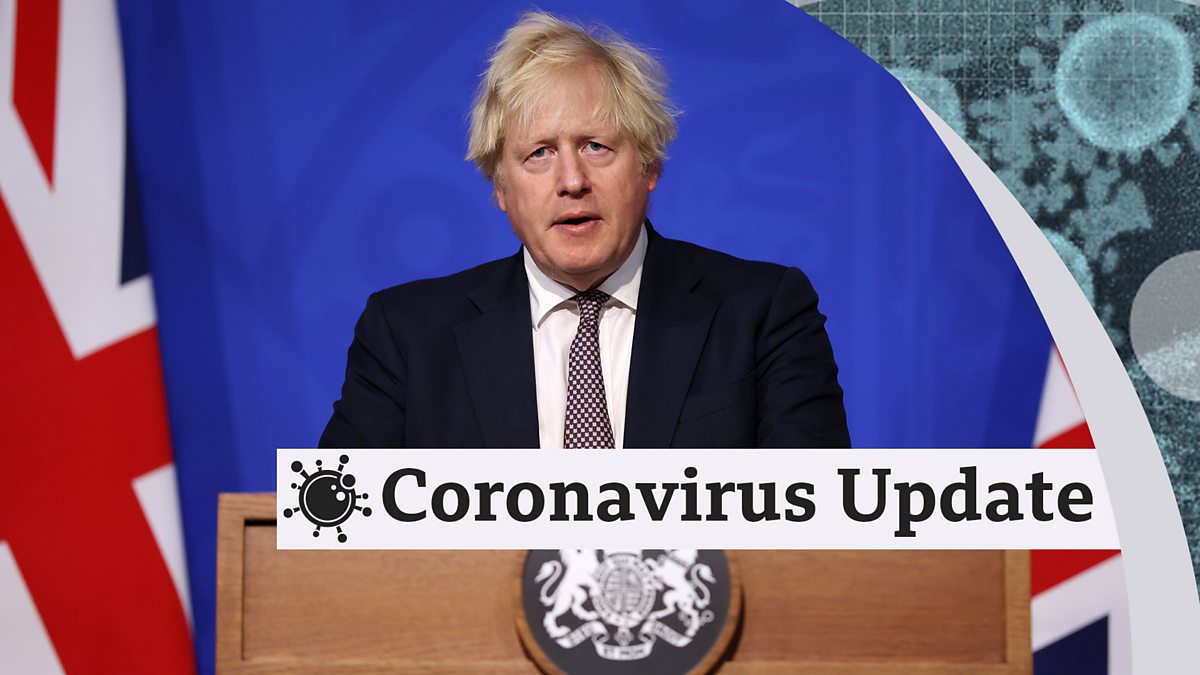Docb
Moderator
- Relationship to Diabetes
- Type 2
Anybody see the interview with Lord Sumption?

 www.bbc.co.uk
www.bbc.co.uk
It starts about 11 minutes in.
A lot of people will go quite potty by what he says but it is what you get if you ask a very intelligent, logical, mind for their analysis of how to handle a pandemic.

BBC News - BBC News Special, Coronavirus Update, 17/05/2020
The latest news including a Downing Street news conference on the coronavirus pandemic.
It starts about 11 minutes in.
A lot of people will go quite potty by what he says but it is what you get if you ask a very intelligent, logical, mind for their analysis of how to handle a pandemic.
